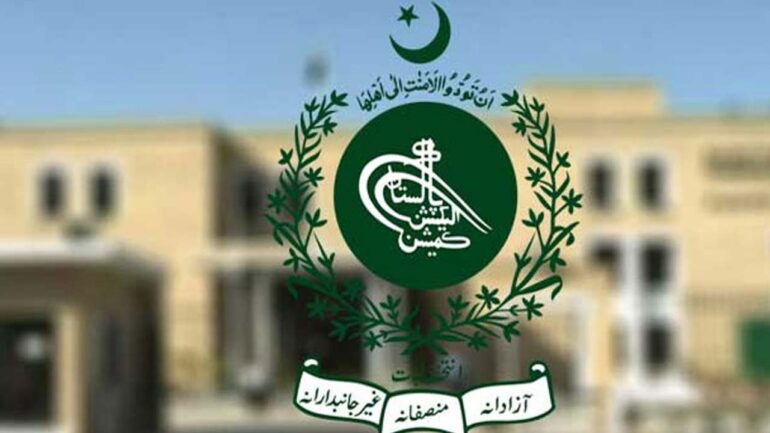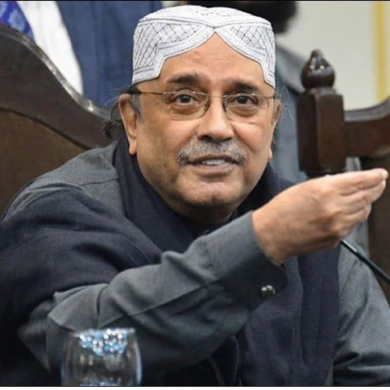The Election Commission of Pakistan (ECP) issued the final delimitation of constituencies for the national and four provincial assemblies, breaking the news around midnight Thursday.
Initially slated for release on December 15, the publication date was later revised to November 30.
According to Article 51(3) of the Constitution, the National Assembly comprises 266 general seats, with an additional 60 seats reserved for women and 10 for non-Muslims.
Delving into the regional breakdown, Balochistan boasts a total of 20 National Assembly seats, encompassing 16 general seats and four reserved for women. Khyber Pakhtunkhwa holds 45 general NA seats and 10 reserved seats for women, while Sindh has a total of 75 NA seats—61 general and 14 reserved for women. Punjab, the most populous province, claims the lion’s share with 141 general NA seats and 32 reserved for women. The federal capital is represented by three general seats in the National Assembly with no reserved seats for women.
Article 106 pertains to the constituencies of the four provincial legislatures. In Balochistan, this translates to 51 general seats, 11 reserved for women, and three for non-Muslims, totaling 65 seats. Khyber Pakhtunkhwa comprises 115 general seats, 26 reserved for women, and four for non-Muslims, amounting to 145 seats. Sindh has 130 general seats, 29 reserved for women, and nine for non-Muslims, resulting in a total of 168 seats. Punjab, being the largest province by population, boasts 297 general seats, 66 reserved for women, and eight for non-Muslims, making up a total of 371 seats in the provincial legislature.
The cumulative number of general seats across the four legislatures is 593, with 132 seats reserved for women and 24 reserved for non-Muslims. A substantial 1,327 representations were filed, the majority—675—coming from Punjab, focusing on the delimitation of constituencies.
For general seats, each province is divided into separate territorial constituencies corresponding to the number of general seats allocated under Article 51 of the Constitution. The Islamabad Capital Territory follows a similar pattern. Women’s reserved seats in the National Assembly treat each province as a single constituency, while seats reserved for non-Muslims in the National Assembly consider the entire country as one constituency. In provincial assemblies, each province forms a single constituency for women and non-Muslims, with the number of seats allocated in districts.



